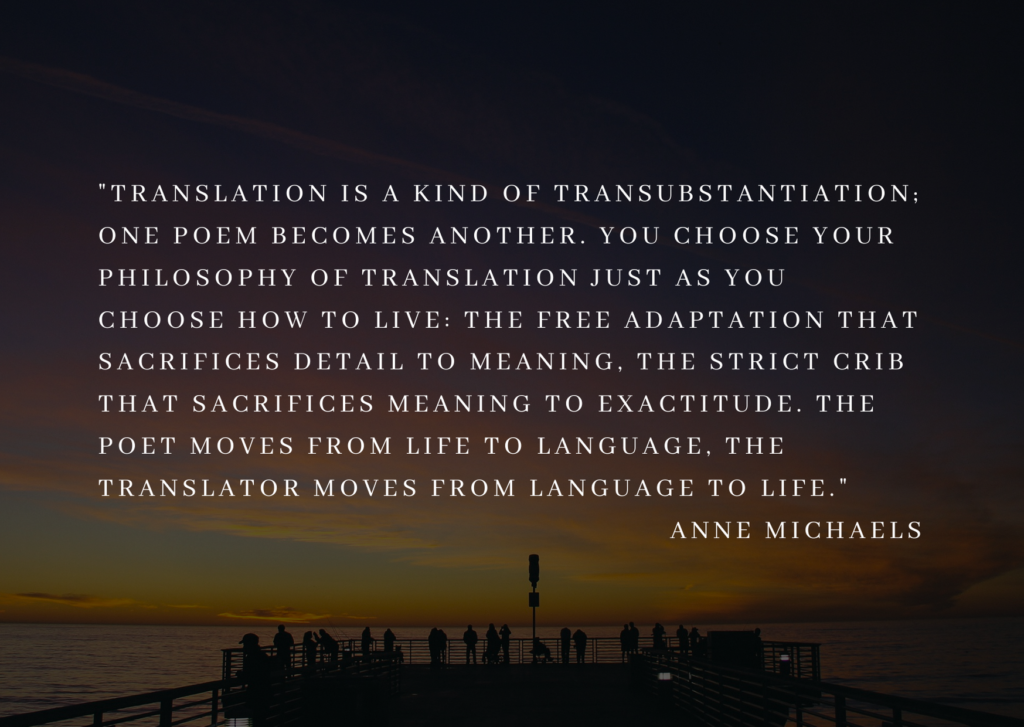 As a creative writer and literary magazine editor, I love reading brand-new work in brand-new, hot-off-the-press issues of my favorite literary magazines. They come in the mail, in orange bubble mailers, having never even been opened. The spine stiff with freshly congealed glue pops and cracks as I turn the pages. I hold it near my face and breathe in. Mmmm.
As a creative writer and literary magazine editor, I love reading brand-new work in brand-new, hot-off-the-press issues of my favorite literary magazines. They come in the mail, in orange bubble mailers, having never even been opened. The spine stiff with freshly congealed glue pops and cracks as I turn the pages. I hold it near my face and breathe in. Mmmm.
While there are innumerable contemporary literary magazines publishing online and in print, including several at Georgia Tech, such as Erato, Terminus, Atlanta Review, and of course RAMBLE, I would like to focus this post on literary magazines that are engaging with the important work of literary translation. As a junior in college, I was first introduced to the world of contemporary literary translation by a professor, Steven Stewart, who was translating works by Spanish-speaking writers such as Rafael Pérez Estrada, Ana María Shua, and Eduardo Milán. As a result, I, too, was compelled to engage with literary translation and even published a translation of a poem by Emilio de Marchi in my university’s student-run literary magazine during my senior year.
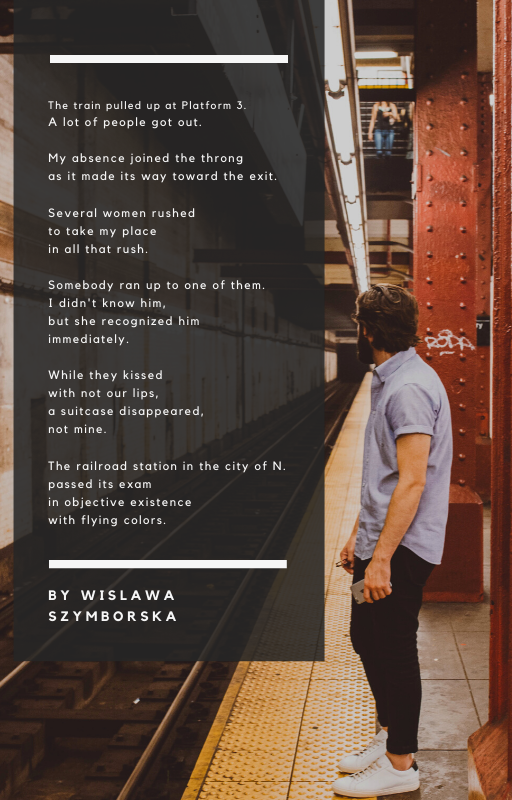 During my first semester teaching at Georgia Tech, I sat on a MARTA platform waiting for my train, reading a collection of poems by Wislawa Szymborska. As I was about to pass through the train doors and find my seat, a man approached me and, noticing the book in my hands, commented in a Polish accent how brilliant Szymborska was. I replied, smiling, that I thought so too, and then we each located our seats in different parts of the train car. This encounter encapsulates the kinds of intersections that literary translation promotes, not just between readers and texts, but among people of many nationalities, cultures, languages, and experiences. Literary translation allows poets and audiences to meet who otherwise might never have crossed paths. It removes linguistic barriers that impede access to new ideas and new situations. Without translation, the man on the train and I would likely never have spoken, brief though our encounter was, and though I would never have known it, I believe I would have been poorer as a result of that missed connection.
During my first semester teaching at Georgia Tech, I sat on a MARTA platform waiting for my train, reading a collection of poems by Wislawa Szymborska. As I was about to pass through the train doors and find my seat, a man approached me and, noticing the book in my hands, commented in a Polish accent how brilliant Szymborska was. I replied, smiling, that I thought so too, and then we each located our seats in different parts of the train car. This encounter encapsulates the kinds of intersections that literary translation promotes, not just between readers and texts, but among people of many nationalities, cultures, languages, and experiences. Literary translation allows poets and audiences to meet who otherwise might never have crossed paths. It removes linguistic barriers that impede access to new ideas and new situations. Without translation, the man on the train and I would likely never have spoken, brief though our encounter was, and though I would never have known it, I believe I would have been poorer as a result of that missed connection.
As a former member of the American Literary Translators Association (ALTA), I feel that literary translation plays an important role in making literature accessible to international and transnational audiences. Poetry@Tech, an organization at Georgia Tech whose “mission is to bring high-profile and celebrated poets, as well as new and exciting voices, to Atlanta, and to share the art of poetry with Georgia Tech students and the communities across Georgia,” is currently engaged in this kind of valuable cultural work. For instance, as part of the Atlanta Poetry and Translation Festival, in October 2020 Poetry@Tech held a reading involving a number of poets from Germany, and in March 2021 will host a group of poets from Belarus.
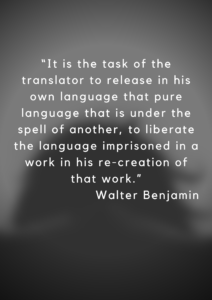 Here is a brief list of just a few contemporary magazines who are also using their publication platform as a means to promote translated works by writers all over the world, as well as their own descriptions of their mission as it relates to literary translation.
Here is a brief list of just a few contemporary magazines who are also using their publication platform as a means to promote translated works by writers all over the world, as well as their own descriptions of their mission as it relates to literary translation.
Alchemy
“Alchemy is committed to publishing quality, contemporary translations of poetry, fiction, and non-fiction creative writing. By dedicating our journal to the publication of high quality translations by students and emerging translators, we aim to encourage a new generation of translators. We publish creative translations and adaptations, including homophonic, homolinguistic, and other poetic forms. It is our belief that translation can teach us new things about writing and about language itself. We look forward to publishing work that is fresh, engaging, and thought provoking. Alchemy is based in the University of California, San Diego’s Literature and Linguistics departments and is edited and published by UCSD students.”
Asymptote
“Winner of the 2015 London Book Fair’s International Literary Translation Initiative Award, Asymptote is the premier site for world literature in translation. We take our name from the dotted line on a graph that a mathematical function may tend toward, but never reach. Similarly, a translated text may never fully replicate the effect of the original; it is its own creative act.
“Our mission is simple: to unlock the literary treasures of the world. (Watch a video introduction of Asymptote here.) To date, our magazine has featured work from 121 countries and 103 languages, all never-before-published poetry, fiction, nonfiction, drama, and interviews by writers and translators such as J. M. Coetzee, Patrick Modiano, Herta Müller, Can Xue, Junot Díaz, Ismail Kadare, David Mitchell, Anne Carson, Haruki Murakami, Lydia Davis, Ann Goldstein, and Deborah Smith.”
Cagibi
“CAGIBI is invested in sharing the universal human experiences to be found in works of prose and poetry set within places unfamiliar to readers; thus, our expressed interest in international—or world—literature, and works in translation. CAGIBI is versatile in its purpose and mission to readers and writers. The journal concerns literature in which character conflict, ultimately story, is tied to place. The retreats provide unique and stimulating place experience. In one interpretation, le cagibi is the place at which a writer’s inspiration is rendered into story, or shaped into poem.”
Circumference
“Circumference is a journal whose mission is to support poetry in translation; primarily translations of new work from around the globe, new visions of classical poems, translations of foreign language poets of the past who have fallen under the radar of American readers, and pieces that illuminate translation as a vibrant, necessary interaction. Through our website we facilitate conversations about international literature and translation in real-time, and promote dialogues that enliven our sense of what it means to bring new work into English.”
Ezra
“An Online Journal of Translation, is a forum for poetry and translation. We hope to stimulate the under-explored arts of reading in other tongues and translating for an English audience. We aim both for new knowledge of world writers and for the creation of beautiful new works. Ezra is interested in any form, style, tone or era.
“We dedicate ourselves to the spirited interplay of cultures, and to the presence of the laurel itself in the act of literary translation: to the transformative, promethean, synthesizing essence of poetry.
“Ezra hopes to have more writers live and work in the space between cultural and linguistic constructs — just as poetry lives in betweenness.
“Beyond the love of languages — their sounds and separate geniuses — we are alert to the occasional translation that is (as Márquez said of Rabassa) better than the original. We dedicate ourselves to the successes — mysterious and many — that await literary translators.”
Metamorphoses
“Metamorphoses is the journal of the Five College Faculty Seminar on Literary Translation. Published in the spring and fall, the journal provides a forum for literary translation out of, and into, all languages, and for papers on the theory and practice of literary translation.”
To find other magazines looking for and publishing literary work in translation, click here.
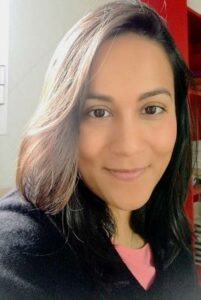 The World Englishes Committee is pleased to announce that Anu Thapa, a film scholar and first-year Marion L. Brittain Fellow in the Writing and Communication Program, has recently joined our ranks. Anu’s specialties include Cinema and Media Studies, Digital Humanities, and Postcolonial Theory. She is currently spearheading the committee’s forthcoming initiatives related to global cinema (more information to come). We are excited to have her expertise and look forward to working with her .
The World Englishes Committee is pleased to announce that Anu Thapa, a film scholar and first-year Marion L. Brittain Fellow in the Writing and Communication Program, has recently joined our ranks. Anu’s specialties include Cinema and Media Studies, Digital Humanities, and Postcolonial Theory. She is currently spearheading the committee’s forthcoming initiatives related to global cinema (more information to come). We are excited to have her expertise and look forward to working with her .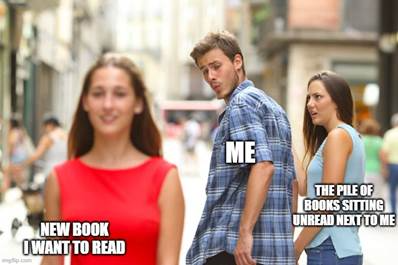

 As a creative writer and literary magazine editor, I love reading brand-new work in brand-new, hot-off-the-press issues of my favorite literary magazines. They come in the mail, in orange bubble mailers, having never even been opened. The spine stiff with freshly congealed glue pops and cracks as I turn the pages. I hold it near my face and breathe in. Mmmm.
As a creative writer and literary magazine editor, I love reading brand-new work in brand-new, hot-off-the-press issues of my favorite literary magazines. They come in the mail, in orange bubble mailers, having never even been opened. The spine stiff with freshly congealed glue pops and cracks as I turn the pages. I hold it near my face and breathe in. Mmmm.
 Here is a brief list of just a few contemporary magazines who are also using their publication platform as a means to promote translated works by writers all over the world, as well as their own descriptions of their mission as it relates to literary translation.
Here is a brief list of just a few contemporary magazines who are also using their publication platform as a means to promote translated works by writers all over the world, as well as their own descriptions of their mission as it relates to literary translation.